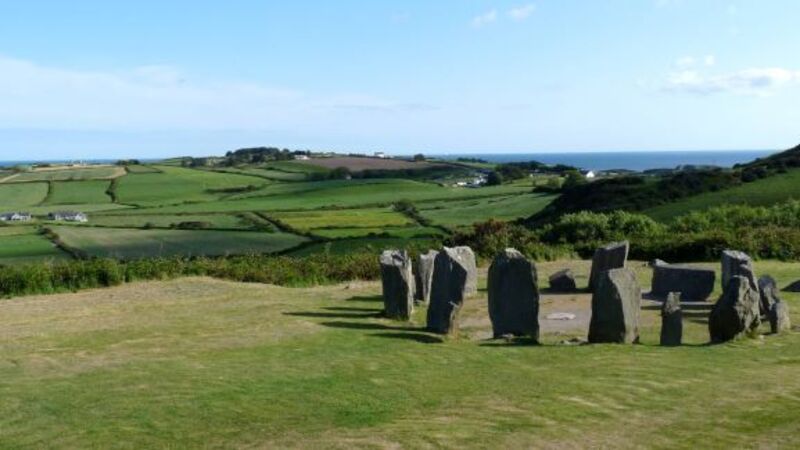OECD survey - Isle of saints and scholars no more

For 300 years — from the sixth to the ninth century — Irish monks studied, taught and spread learning to England, Scotland and continental Europe after the fall of the Roman Empire.
It was during the so-called Dark Ages elsewhere in Europe — the period of intellectual darkness between the “light of Rome” and the Renaissance — that they flourished.














